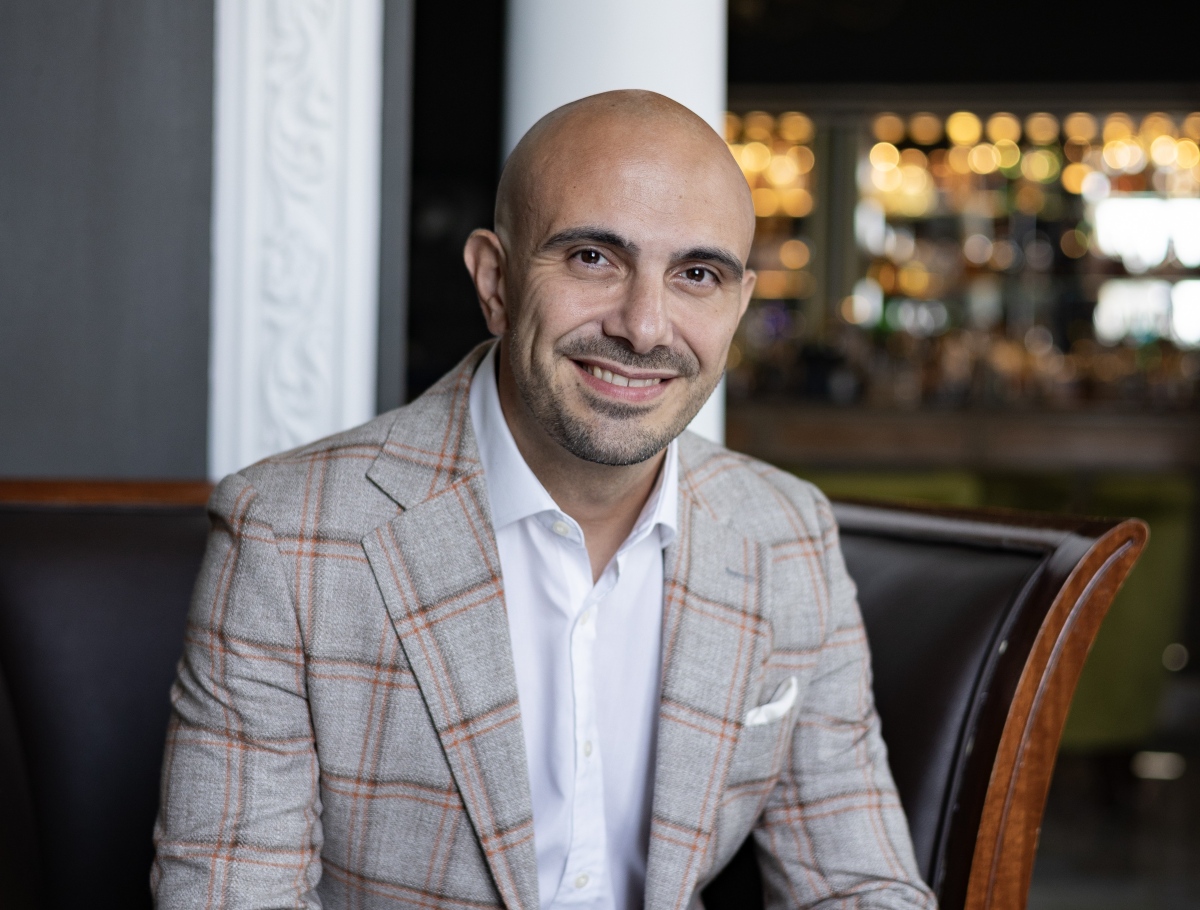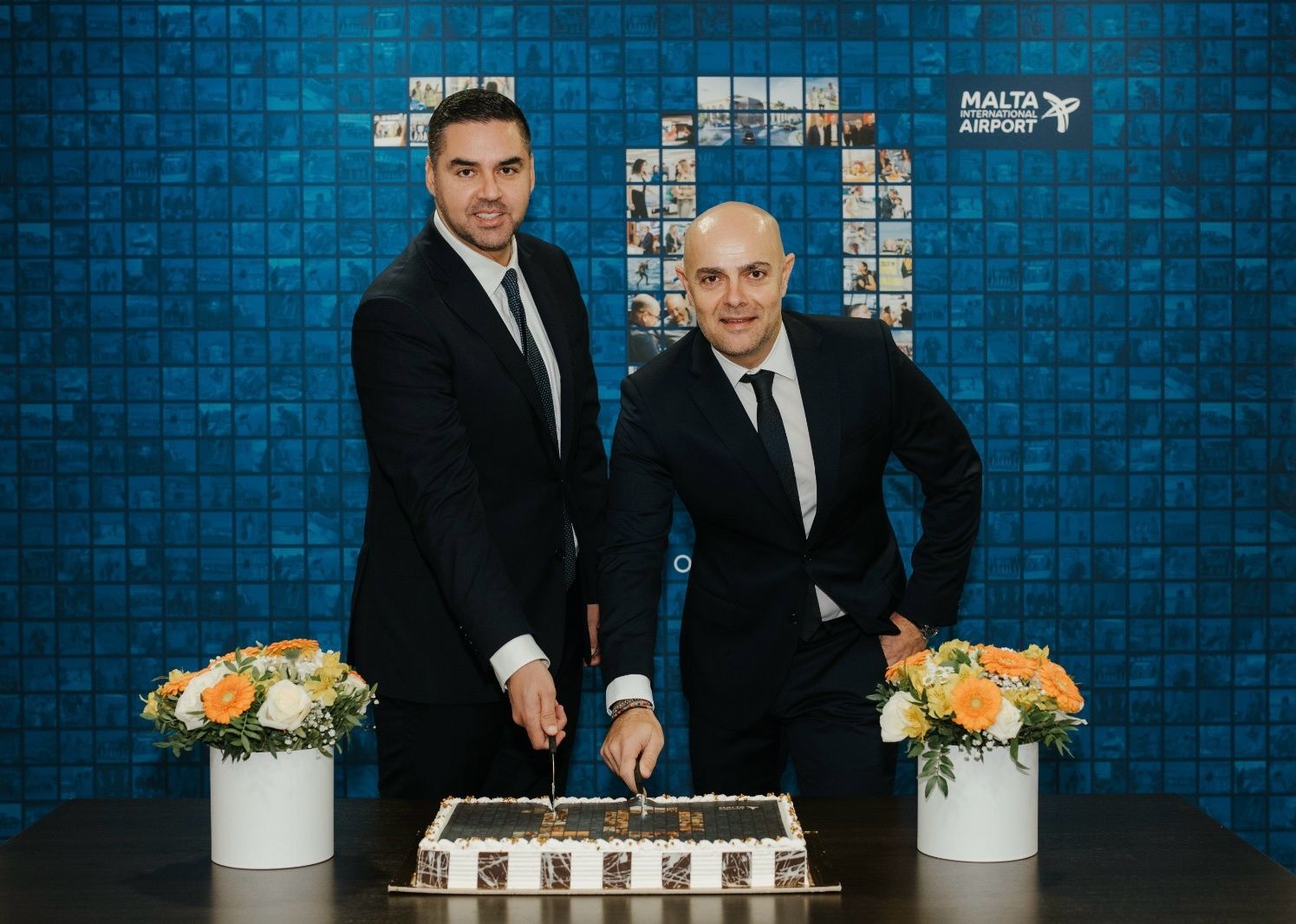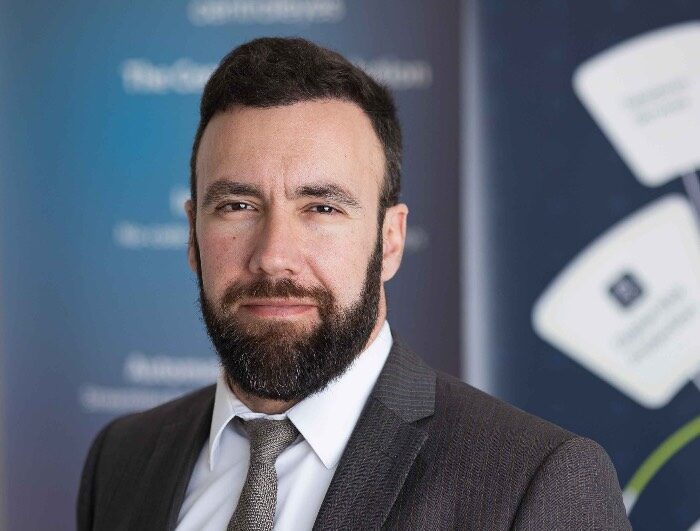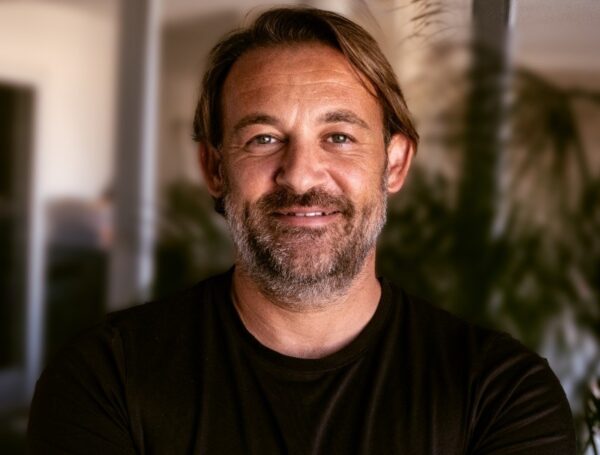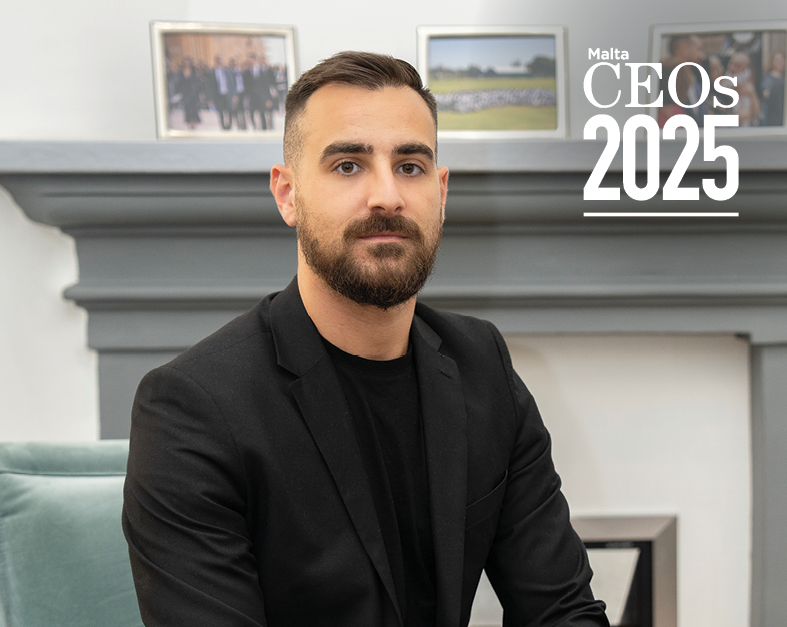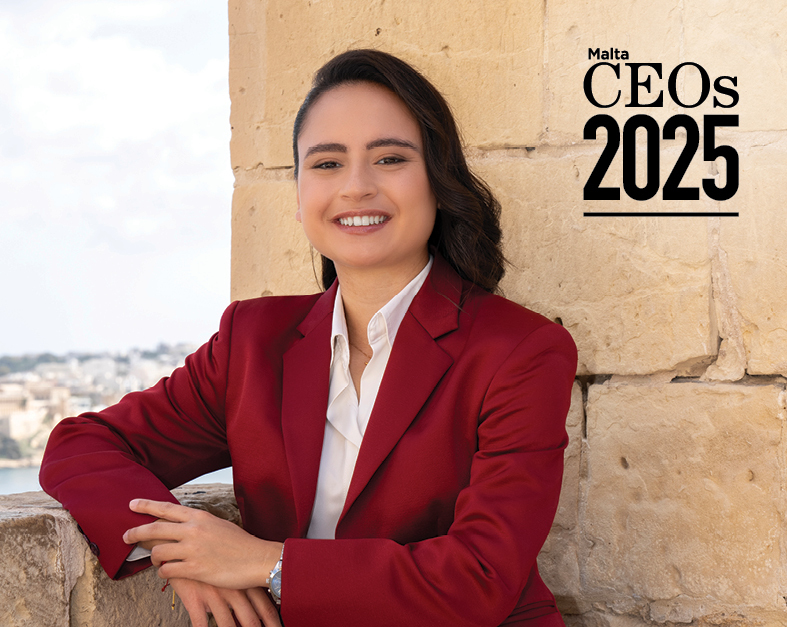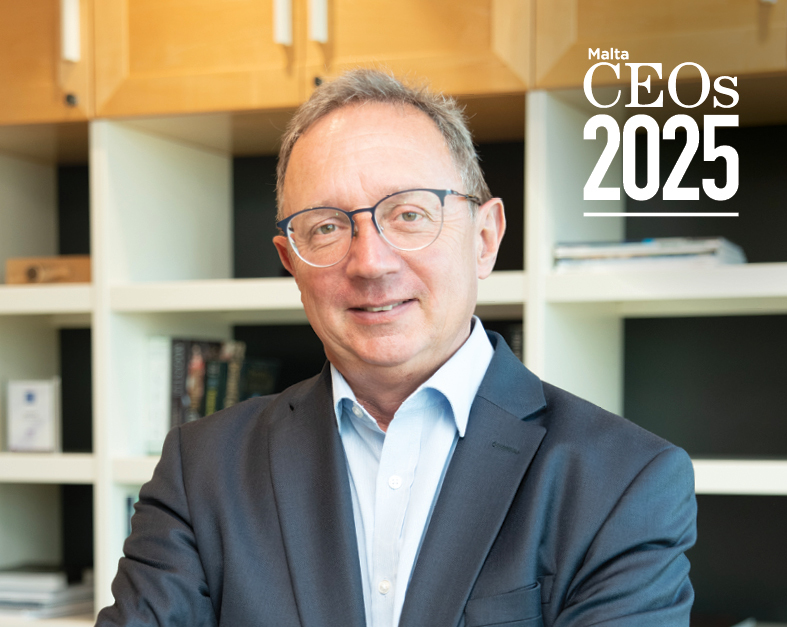Adrian Buttigieg, Director of HR Plus and a seasoned hospitality professional with two decades of experience, highlights that Malta’s infrastructure challenges – compounded by the country’s rapid economic growth, ageing population and locals opting for higher-paid jobs – are the real issues the country is facing, not the international workforce.
He emphasises the importance of implementing changes strategically to ensure economic stability, avoiding rushed decisions that could make Malta less accessible or appealing for talented third-country nationals (TCNs) to develop their skills and contribute meaningfully to our economy.
“Some of the current discourse surrounding foreign workers in Malta is based on misconceptions,” he says. “Like many other countries, Malta relies on foreign talent to drive economic growth, address the challenges of an ageing population, and fill essential roles that the local workforce alone cannot meet.”
Mr Buttigieg says that the challenges the country faces are not the result of the presence of foreign workers but rather reflect how Malta’s infrastructure was never designed to support such rapid and significant economic growth. This includes the strain on roads, energy systems and public services.
“But foreign workers are essential to Malta’s continued growth. At HR Plus, we hire based on qualifications and the best fit for each role, irrespective of nationality. Abruptly restricting foreign workers or making it nearly impossible or too costly for them to come and work in Malta often leads to difficulties in finding suitable individuals for much-needed roles.”
He continues: “The reality is that there are roles in Malta that locals often avoid, either due to wage considerations or because many prefer senior positions or office-based roles over physically demanding or labour-intensive work. The ageing population further exacerbates this challenge.
“Imagine a Malta without foreign workers: Industries such as healthcare, hospitality, construction, and transportation would face severe disruptions, potentially leading to unfavourable economic and social consequences. Foreign workers are not just a convenience; they are indispensable to Malta’s economy and the services that sustain it. However, a more balanced and informed approach is needed to ensure stability and continued growth.”
Mr Buttigieg argues that the focus should shift to nurturing local talent through education and improved skill-building programmes designed to complement – rather than replace – foreign workers.
“A balanced approach by combining strategic workforce planning with clear and fair policies for foreign labour is essential to sustaining Malta’s economic progress.”
This forms part of a feature first published on Malta CEOs 2025, the sister print brand to MaltaCEOs.mt, both owned by Content House.
CEO overseeing Housing Authority’s transformation appointed to EU Housing Advisory Board
Matthew Zerafa is reforming the Authority’s approach to housing solutions, addressing changing demographics while maintaining its core social mission.
‘It’s unwavering persistence that drives breakthrough achievements’ – Manila Di Giovanni, DWorld CEO
'Our virtual economy hub will showcase Malta’s heritage, local enterprises, startups, and public institutions on the global stage.'
‘If you believe in what you’re trying to achieve, you’re already halfway there’ – Jordan Camilleri
The co-founder of Health & Co describes establishing and running a business as a life-long learning process.
‘We want to push the boundaries. We want to lead’ – AX Group CEO and Deputy Chairman Michael Warrington
His experiences working across various industries, have provided Michael Warrington with valuable insights into how AX Group's businesses are affected.


